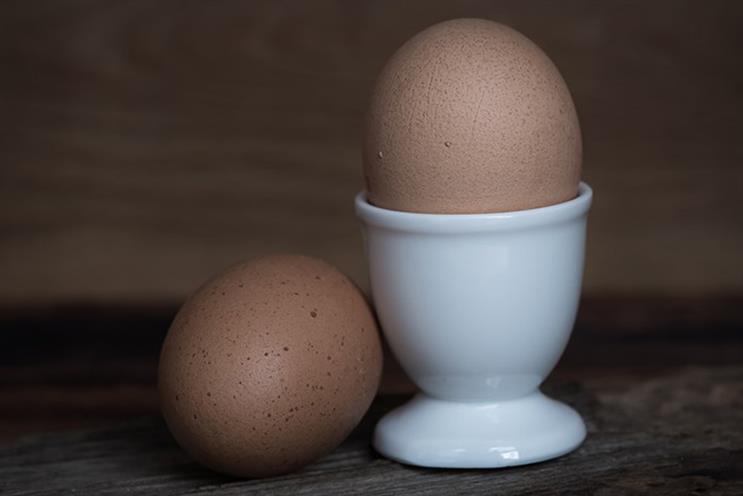
The UK’s largest retailer said it had come to the decision after speaking with suppliers, industry experts and other stakeholders as it reviewed its sourcing strategy.
The change will make a significant impact on UK egg production because Tesco sells 1.4 billion eggs a year, and close to half of these (43%) are from caged hens.
Caged hens are the cheapest way of producing eggs, but the method is often regarded as cruel by animal welfare campaigners. The most basic form, barren battery cages, were banned across Europe in 2012, but "enriched" cages with more facilities are still permitted. Instead, Tesco will now move to using barn hens for its non-free range eggs.
"Our decision on caged hens is one of a number of Tesco initiatives designed to ensure sustainable sourcing, and improve animal welfare," said Tesco commercial director for fresh food Matt Simister.
Consumer demand driving the change
Animal welfare is a key concern for British consumers. A study of 1,500 consumers last July by research firm Mintel found it to be the single most significant ethical issue, with 74% saying it was an important indicator of an ethical company. In contrast, 60% named responsible sourcing of ingredients as an important factor, and 57% said worker welfare.
Tesco’s announcement puts it in the middle of the UK’s major retailers in moving towards higher animals welfare standards. At one end, Waitrose only sells free range and organic eggs; Sainsbury’s stopped selling whole caged eggs in 2009, and stopped using them as an ingredient in 2012. Aldi made the same pledge as Tesco – to cut out caged eggs by 2025 – earlier this year.
But Asda, Morrisons and Lidl have so far announced no plans to do the same, with Asda failing to follow in the footsteps of its parent company Walmart, which made a pledge in April to stop selling caged eggs by 2025.
±±ľ©Čüłµpk10 group Compassion in World Farming congratulated Tesco on the "bold commitment" shown in the decision, which it said represented a "leadership position over the remaining UK retailers that sell caged eggs."
Philip Lymbery, the group's chief executive, said: "We look forward to working with Tesco to make sure the changes provide the best possible welfare for hens, especially in terms of system design, and providing enriched and stimulating environments. This is essential for ensuring a good quality of life, which is not possible in cages."




.jpg)
.jpeg)
